How Will Academia Handle the Zero Embargo?
The OSTP Nelson Memo has caused quite a stir in scholarly communication circles. How will academia handle the zero embargo?

Send us a link
The OSTP Nelson Memo has caused quite a stir in scholarly communication circles. How will academia handle the zero embargo?

'Jarring' study reveals hiring bias at US institutions.
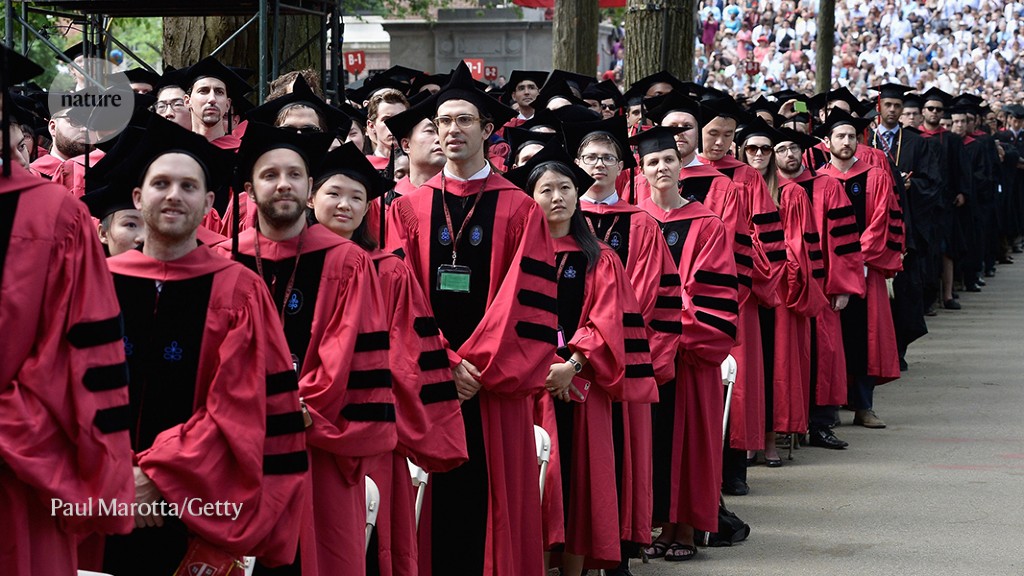
Biosecurity advisers to the federal government are calling for tighter scrutiny of experiments with potentially dangerous viruses and other pathogens, reflecting an ongoing debate within the scientific community over the benefits and risks of such laboratory research.
A new ultraconservative supermajority on the United States' top court is undermining science's role in informing public policy. Scholars fear the results could be disastrous for public health, justice and democracy itself.
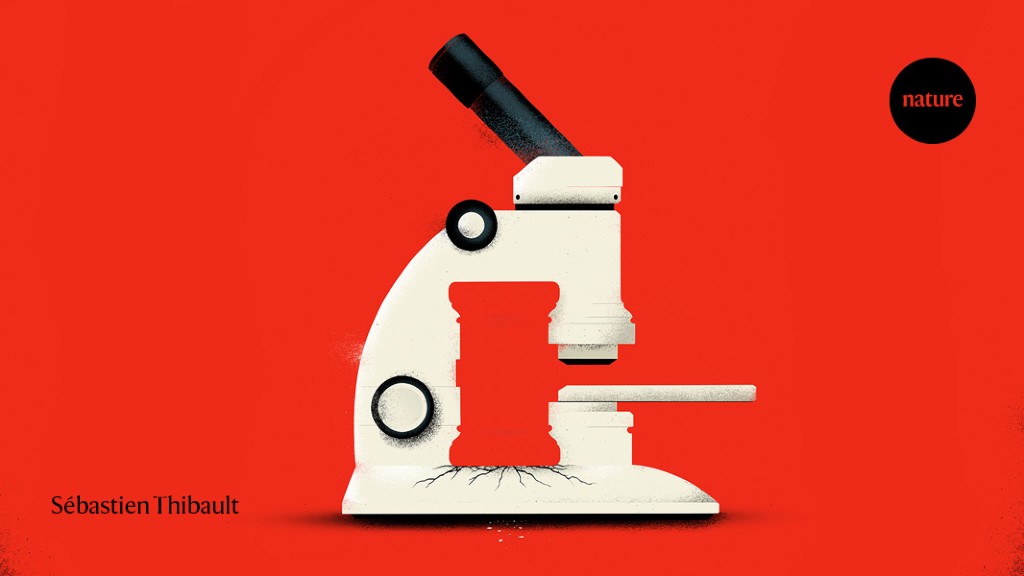
Research manuscripts and the associated scientific data generated for projects that are funded by federal agencies in the United States will need to be made publicly available immediately on publication.
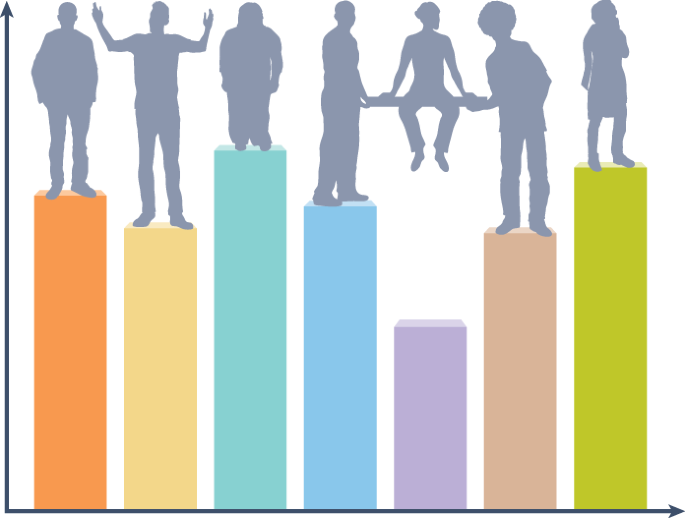
Lack of free access to research leads to discrimination, both in academia and for us all. The new guidance from the US is a huge step in the right direction.

The movement towards open-access scientific publishing got an historic boost this month, with the White House ordering an end to publishers putting most federally funded research behind paywalls.
A new study finds that Americans underestimate how many are concerned about climate change as well as support for major climate policies by nearly half, with climate policy supporters significantly outnumbering non-supporters.
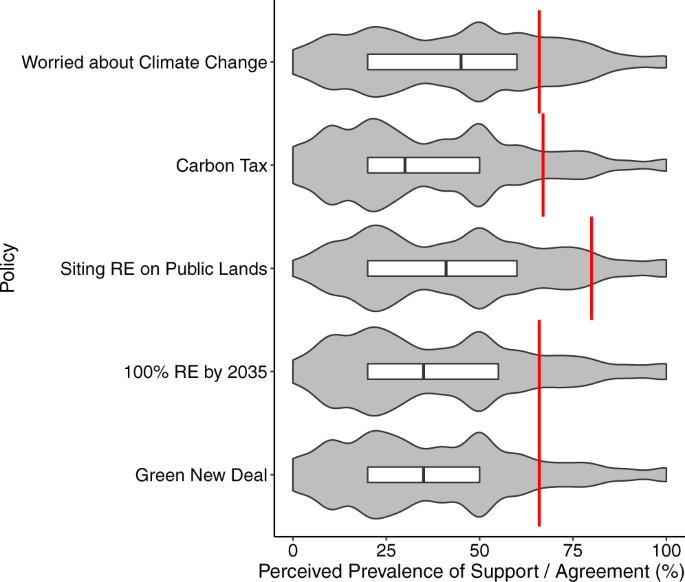
The recently passed CHIPS and Science Act promises billions of dollars in funding to support science, technology, engineering, and math (STEM) research and production at government agencies, private companies, and colleges and universities across the U.S. It also includes provisions to increase diversity in STEM education and the workforce and to promote socioeconomic development for underserved communities.

With perseverance and adaptability, this scientist found his way forward.
In the time of the COVID-19 pandemic, anti-vaccine activism in the USA accelerated, forming an alliance with political groups and even extremists. An organized, well-funded anti-science movement now threatens all childhood immunizations.
After two years of negotiations, the US Congress finally passed legislation to massively increase science and technology research and enhance competitiveness in the semiconductor industry.
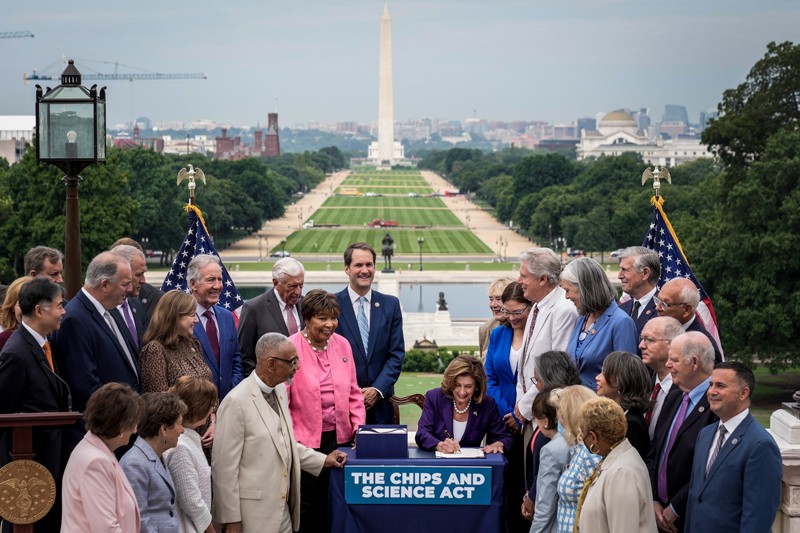
More respondents under 44 than over 65 are enthusiastic about the publishing model.

US lawmakers have warned that fake research papers risk compromising trust in the entire scientific system, as Artificial Intelligence makes it ever easier for so-called paper mills to fool journals into accepting made up articles.
In the days following the US Supreme Court's rollback of federal abortion rights, more than 100 women biotech executives came together in an open letter to condemn the ruling and tell their fellow drug development leaders that they "will not stand by silently."

The Supreme Court’s reversal will likely be felt most strongly in groups that are already underrepresented in science.
A new conference explores ways research can turn the scientific method onto improving its own results.
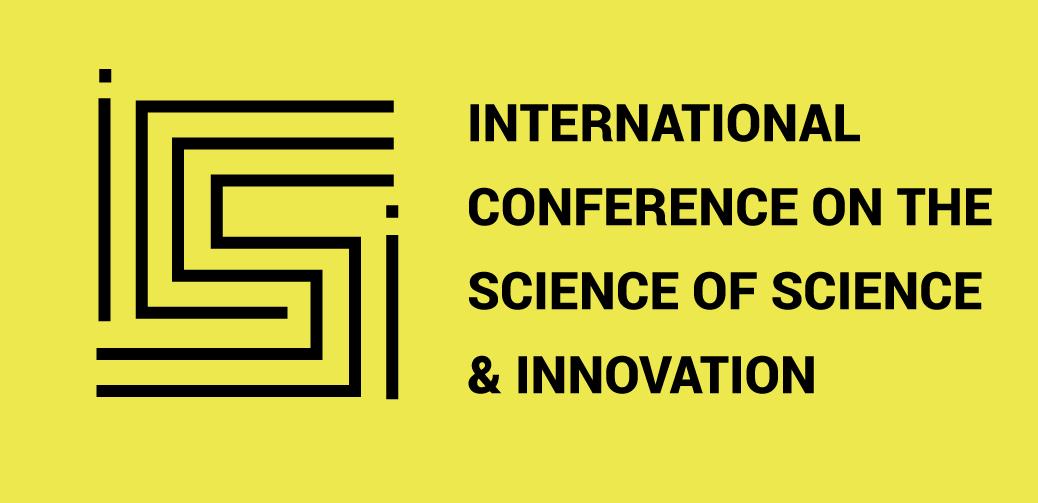
In response to the demise of Roe v. Wade, universities and research organizations can support those affected, ensure education and research on abortion continue and advocate for evidence-based policy.
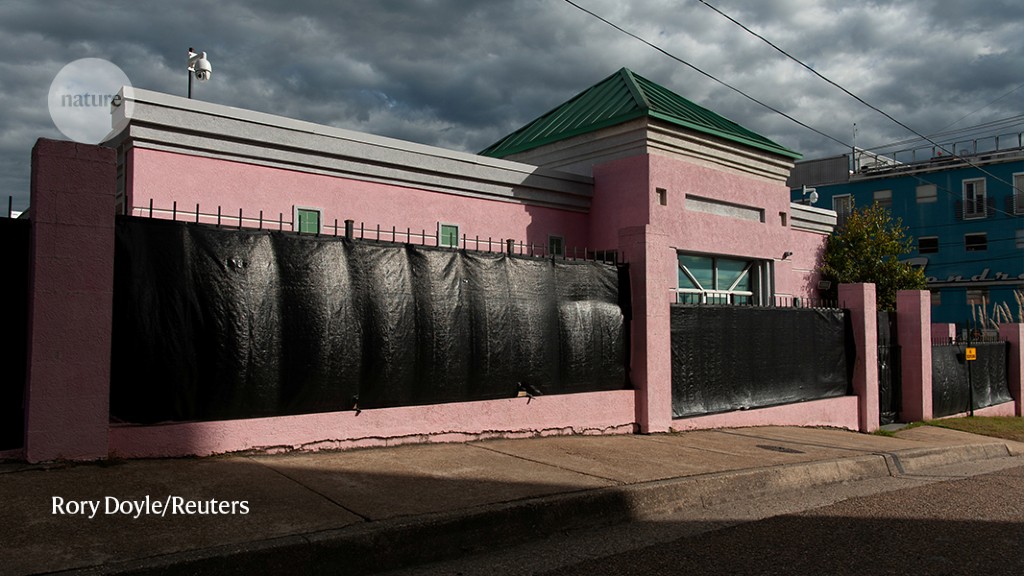
The U.S. is sunsetting research collaborations with Russia in response to its war against Ukraine, joining a coalition of countries that have already moved to restrict ties with research institutions affiliated with the Russian government.
In an interview with CSIS Freeman Chair Jude Blanchette and Brookings Senior Fellow Ryan Hass, Yangyang Cheng discusses the role of science in U.S.-China relations and the need to examine who benefits and who experiences harm from advances in scientific inquiry.
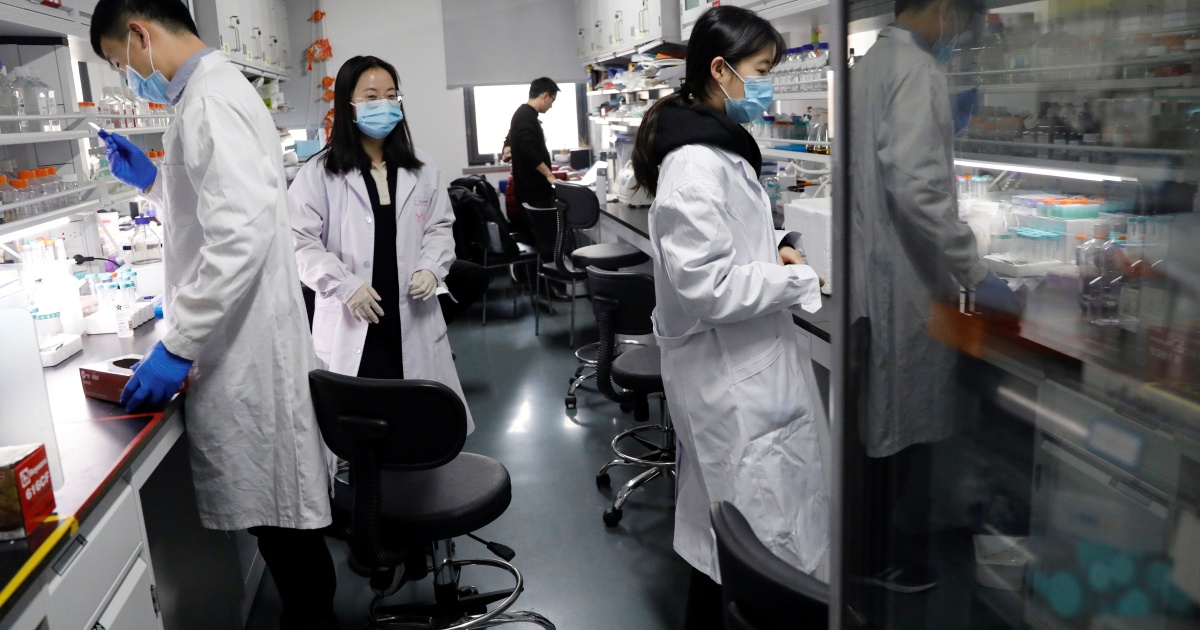
NSF Engines, a new programme of the US National Science Foundation, aims to spread the tech wealth more broadly across the nation – tackling a regional policy problem common to many countries
Ukrainian president Volodymyr Zelensky has urged universities in the US to provide the expertise in defence, cybersecurity, aeronautics and healthcare that is needed to rebuild his country's war-torn economy and infrastructure.